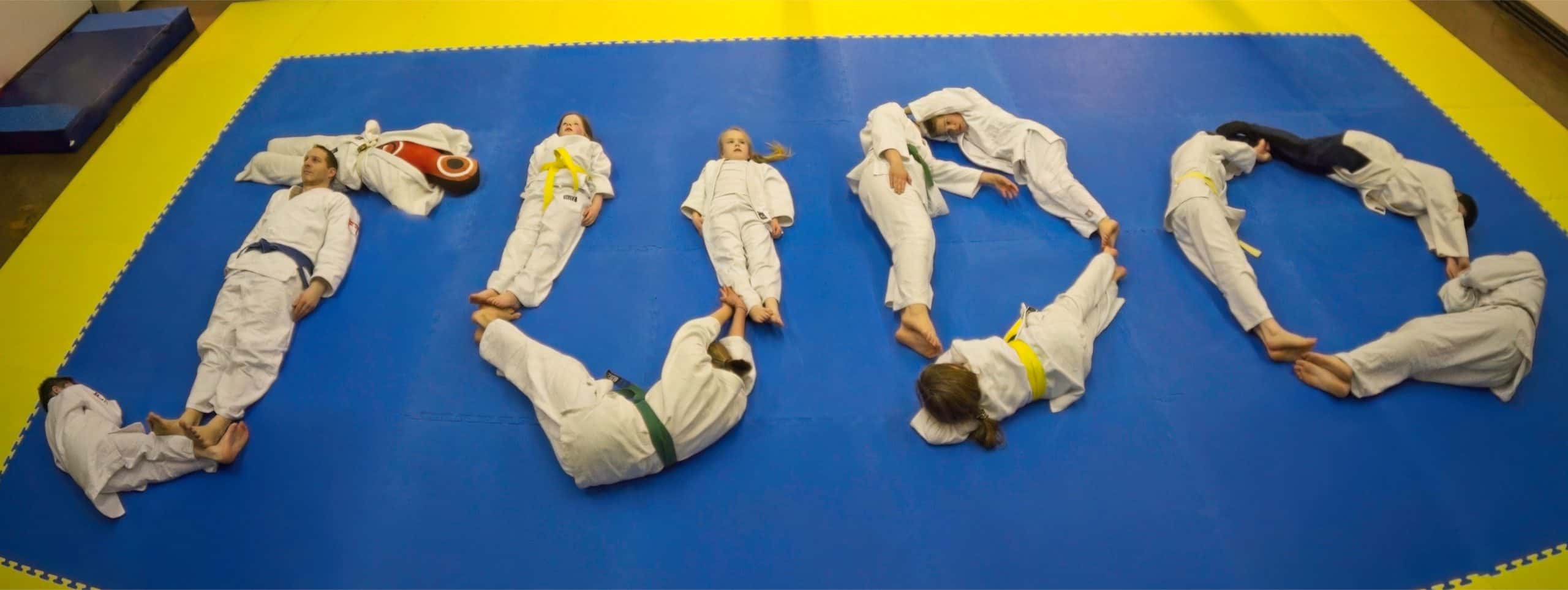About Loughborough Judo Club
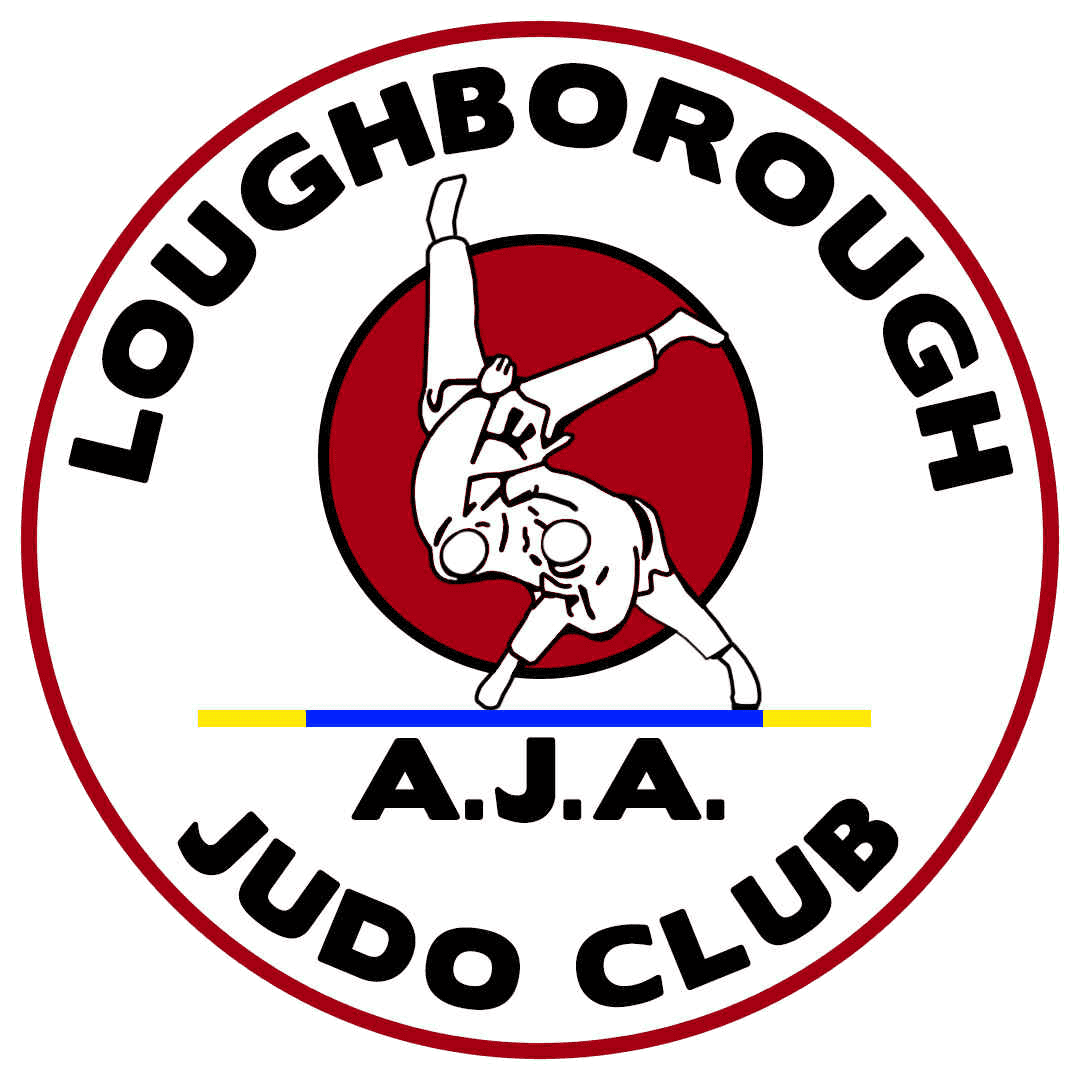
Keith Hudson founded Loughborough Judo Club in 1970 at the church hall in King St, Loughborough.
In 2005 Keith Kendall took over running the club , having trained and coached there for many years. He still runs the club today.
The club moved to Rosebery community centre, Storer road, Loughborough where it remained until 2020, when the community centre had to close.
We then moved to a new venue in 2021 at the United Reformed Church community centre, Frederick St, Loughborough.
We are a member of the Amateur Judo Association, and as a result are affiliated to the official national sporting body, the British Judo Association.
All coaches hold AJA coaching qualifications and current first aid certificates, as well as enhanced DBS and CRE Checks. Keith is the chairman of the national Association and President of the East Midlands area.
About judo
Fitness
Judo is an ideal way of keeping fit. It provides a great cardiovascular workout which improves stamina, general health and overall fitness. Your physical strength and flexibility will also improve.
Judo is ideal for all ages, male and female and attracts players from many disability groups
Confidence and self-esteem
Your confidence and self-esteem will develop as you progress through the different belts.
The nature of the grading system ensures that the next goal is always realistic and achievable with effort.
The grading system also ensures that players, whatever their skill level, will have opportunities to compete with players of similar ability. This gives every player the chance to experience victory.
Self discipline and respect
Judo places a great emphasis on self discipline and respect for others. It is extremely rare to see any player act in a disrespectful way towards an opponent or official. Whether training at the club or competing in the Olympics, we never tolerate bad manners or unsportsmanlike behaviour.
Many people find that lessons learnt on the mat help you in every aspect of life – increased confidence, self-respect, discipline and respect for other people.
About the Amateur Judo Association
The Amateur Judo Association (AJA) has been in existence since 1955. It is a non-profit making organisation dedicated to the promotion of Judo through a true spirit of sportsmanship and fairplay.
As an Association, we organise a large number of events such as championships, gradings, training sessions and international trips for players of all ages and abilities.
You can find out more about the AJA at their website.
The history of judo
The Kodokan Judo
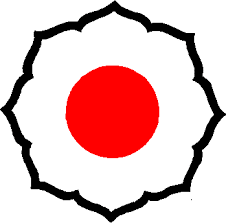
In 1882, Dr. Jigoro Kano (The Father of Judo) studied the ancient self-defence forms and integrated them into Kodokan Judo.
The term Kodokan breaks down into ko (lecture, study, method), do (way or path), and kan (hall or place). Thus it means “a place to study the way”. Similarly judo breaks down into ju (gentle) and do (way or path) or “the gentle way”.
The sport of Kodakan judo officially began in 1887. The Kodokan had three broad aims: physical education, contest proficiency and mental training.
The Olympic Sport
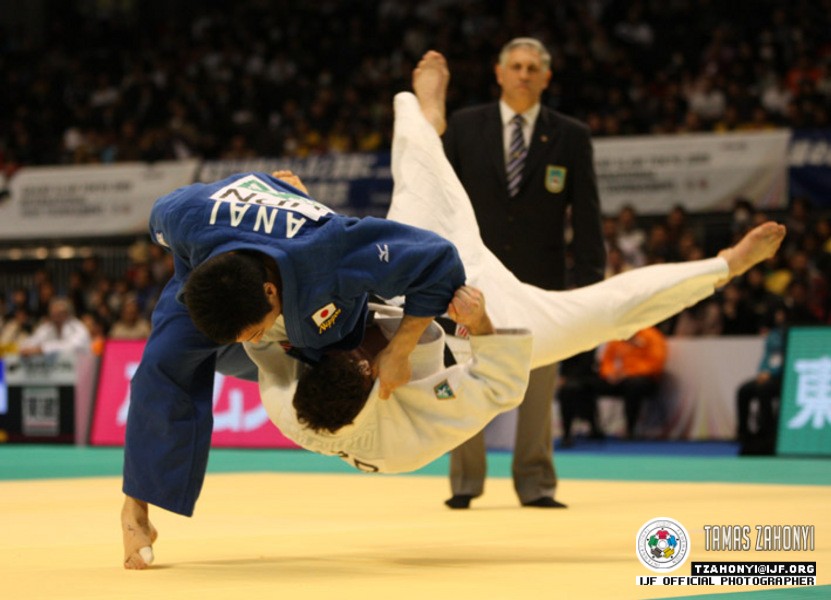
Proceeding with the organization of the Kodokan and enacting the regulations of Judo, Prof. Kano became the first Asian member of the International Olympic Committee in 1909 and worked for the spread of Judo world-wide. Judo became an official event in the Olympic Games of Tokyo in 1964, backed by Judo fans and sport promoters all over the world.
Jigoro Kano
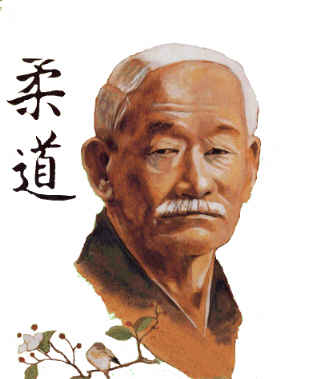
In his lifetime, Jigoro Kano attained a doctorate degree in Judo, a degree equivalent to the twelfth dan, awarded to the originator of Judo only. He constantly worked to ensure the development of athletics and Japanese sport in general, and as a result is often called the ”Father of Japanese Sports”.
In 1935 he was awarded the Asahi prize for his outstanding contribution to the organizing of sport in Japan during his lifetime.
